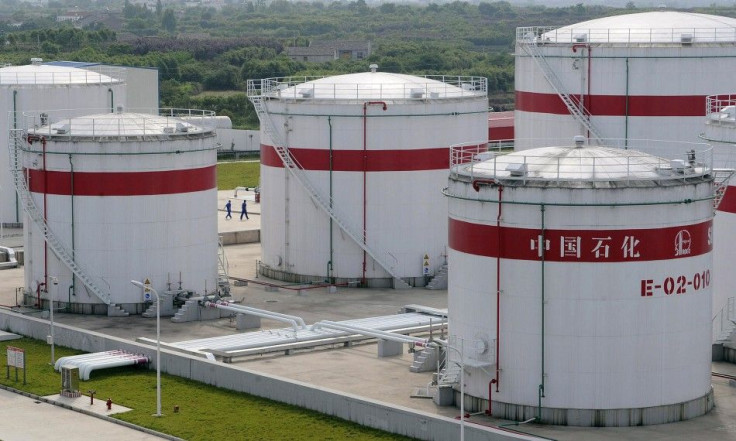Crude Oil Futures Hover Above $87 In Asia

Crude oil futures declined during Asian trading hours Wednesday after surging in the previous session on renewed tensions over Iran's nuclear program.
Light sweet crude for August delivery declined 0.49 percent or 43 cents to $87.23 a barrel in electronic trading on the New York Mercantile Exchange during Asian trading hours while Brent crude oil futures for August delivery fell 0.55 percent or 55 cents to $100.13 a barrel on the ICE futures exchange in London.
Oil futures rallied Tuesday on news that Tehran is considering a bill to block the Strait of Hormuz to oil tankers linked to countries that support sanctions against it. Iran also tested ballistic missiles capable of attacking Israel as part of the ongoing military drills Tuesday.
Light sweet crude for August delivery surged 4.7 percent Tuesday and settled at $87.66 a barrel on the New York Mercantile Exchange, the highest closing level since May 30. Brent crude oil rose 3.43 percent or $6.44 to settle at $100.68 a barrel.
Oil prices are screaming because of the possible closure of the Strait of Hormuz. But this is a knee-jerk reaction. We'll start to see this move back the other way, Mark Waggoner, president of Excel Futures, told the Wall Street Journal.
The economic sanctions on Iran by the EU came into full effect Sunday. However, analysts expect that the tightening of the Western sanctions on Iran will not have a large impact on global oil prices as demand is softening and other suppliers are both able and willing to meet any shortfall.
However, if Iran closes the Strait of Hormuz, it will affect the global oil market adversely. The strait is one of the world's most strategic shipping channels. It connects the vast majority of the world's countries with the crude oil that fuels their economies. Roughly 40 percent of all U.S. crude imports sail through the Strait of Hormuz.
Meanwhile, renewed hopes that major central banks would implement further measures to support the global economy also supported oil prices. The American Petroleum Institute said that crude inventories had declined by 3 million barrels for the week ending June 29.
© Copyright IBTimes 2025. All rights reserved.





















